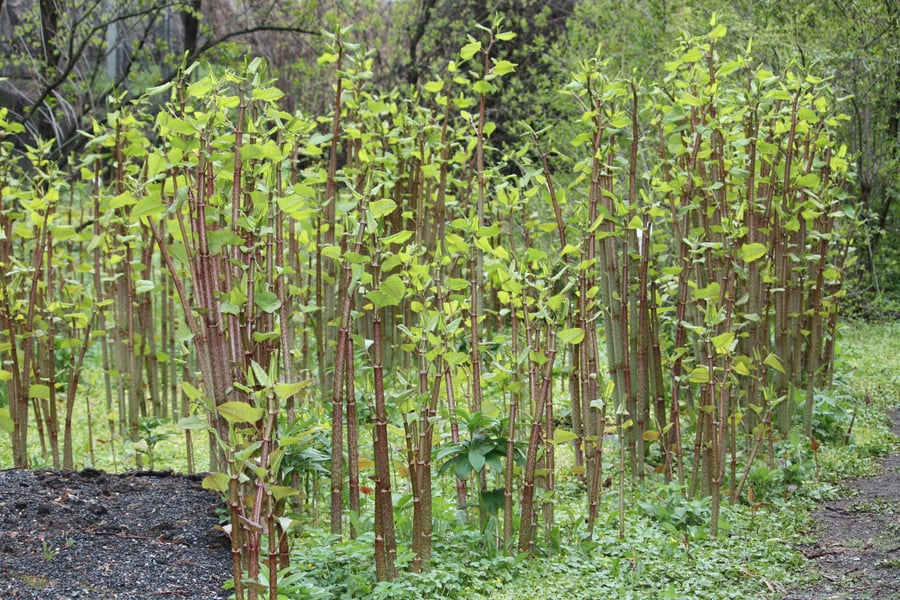The case strongly reinforces the legal precedent that surveyors must fulfil their duty of care by identifying the invasive plant and if they fail to do so, they could be sued for negligence.

A London homeowner has won his legal case against a Chartered Surveyor who failed to identify Japanese knotweed growing in the garden of his property during a residential survey, Environet UK has found.
The case strongly reinforces the legal precedent that surveyors must fulfil their duty of care by identifying the invasive plant and if they fail to do so, they could be sued for negligence.
Nic Seal, founder and managing director of Environet, said:“Homeowners who instruct a building survey when they buy a property, should be able to trust a professional surveyor to identify Japanese knotweed.
“This case sends out a strong message that they will be protected by the law if their surveyor fails in his or her duty of care.
“However, if a homeowner makes deliberate attempts to cover or hide knotweed, a surveyor cannot reasonably be expected to dig up the ground. In that case, the buyer may decide to seek damages from the seller for failing to disclose and deliberately concealing the knotweed.”
Paul Ryb commissioned a Chartered Surveyor to carry out a Level Three RICS Building Survey of the ground floor flat in Highgate, North London, the most comprehensive survey available.
The surveyor found the property to be in excellent condition with very few defects and recommended that the sale proceed.
The following year, a gardener discovered what he believed to be Japanese knotweed growing in the garden of the property. Removal firm Environet was instructed to carry out a Japanese knotweed survey, during which it found knotweed to be visibly present in three locations.
The maturity of the plant proved that it had been there for more than three years and would have been in leaf and flowering, therefore easily identifiable, in early September when the survey took place.
Paul Ryb instructed Environet to excavate the Japanese knotweed, at a cost of just over £10,000, then commenced legal action against the surveyor for negligence, suing for costs and damages including ‘making good’ of the gardens and grounds.
The Judge found in favour of the claimant and awarded him damages and costs, also taking into account diminution of property value, that is, the difference between the price he paid for the flat and what it would have been worth if the knotweed had been disclosed.
Ryb added: “I bought the property in good faith following a building survey which gave it a clean bill of health.
“I would not have gone ahead with the purchase, or at the very least would have renegotiated the price, if I had known it was affected by Japanese knotweed.
"I am relieved to have finally won my case and I hope it gives hope to other homeowners who find themselves in a similar situation, that they may have a legal case for compensation.”
Anyone buying a property can now check whether the local area is affected by Japanese knotweed using Environet’s online heatmap,Exposed: The Japanese Knotweed Heatmap, a tracking tool which provides a picture of Japanese knotweed sightings across the UK.



